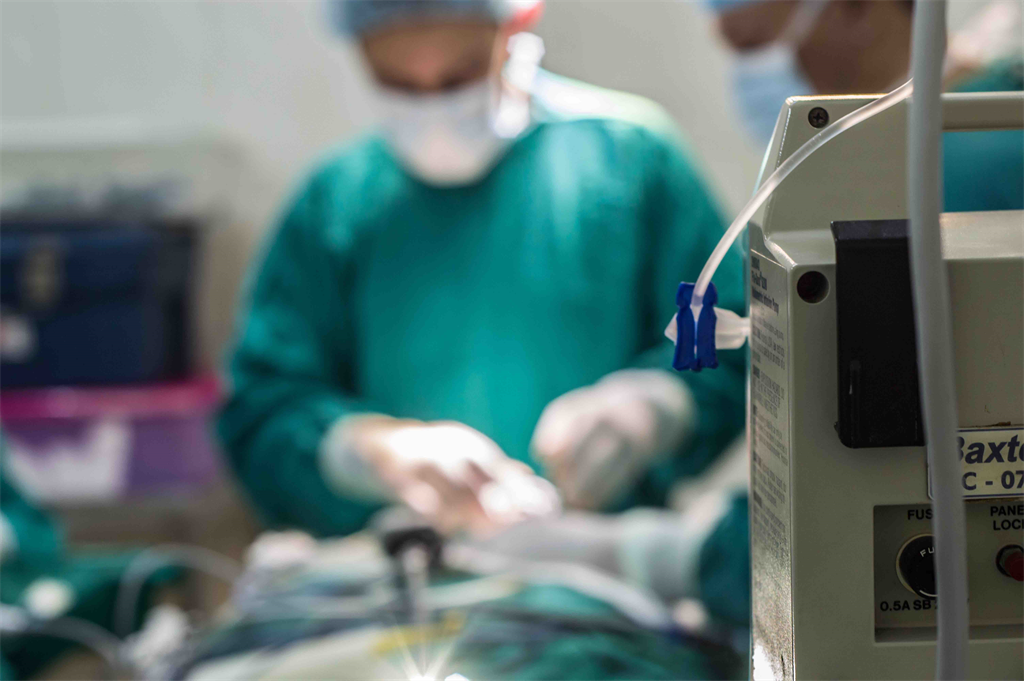Mold in Hospitals: Is it Medical Malpractice?
Posted Friday, September 20, 2019 by Chris Thayer
 Earlier this summer operating rooms were shut down at Seattle Children’s hospital when mold, specifically aspergillus, was discovered in several rooms and equipment storage areas. Aspergillus is a common type of mold and it is often ingested in everyday life. However, when one has a weakened immune system, like patients at the hospital, ingesting the mold could create additional complications. One patient died and five others became ill from the mold over the last couple years, according to NBC News.
Earlier this summer operating rooms were shut down at Seattle Children’s hospital when mold, specifically aspergillus, was discovered in several rooms and equipment storage areas. Aspergillus is a common type of mold and it is often ingested in everyday life. However, when one has a weakened immune system, like patients at the hospital, ingesting the mold could create additional complications. One patient died and five others became ill from the mold over the last couple years, according to NBC News.
The hospital made the decision to shut down the operating rooms when tests confirmed the presence of mold. Shutting down the operating rooms resulted in approximately 1,000 surgeries scheduled needing to be moved to other hospitals. The operating rooms have since been opened since the initial shut down. The hospital did multiple things to rid the rooms of mold — a deep clean of each room, upgrades in the air purification systems, upgrades to the air handling situations, and a new humidification process being installed.
It is great the hospital took the appropriate steps to make the operating rooms safe for patients again. Shutting the operating rooms down until it is safe for patients was definitely the right step to take, but also may have been necessary to prevent medical malpractice suits against the hospital. When most people think about medical malpractice they think about a doctor or other hospital staff making an error an injuring a patient. However, a hospital itself can also be negligent and a party to a medical malpractice suit. If a hospital fails to follow the standard of care attributed to most hospitals, the hospital can be found negligent and guilty of medical malpractice.
*Common Types of Medical Malpractice*Negligence of the hospital is not the only type of medical malpractice. The following are common types of medical malpractice:
- Misdiagnosis: If a doctor incorrectly diagnoses a patient. This creates a variety of dangers for the patient: risks associated with taking the wrong medication and not receiving the needed treatment are two major concerns.
- Surgical errors: When a patient needs to undergo surgery, they are putting their life in the doctors hands while they are unconscious. Surgical errors can be fatal or cause serious additional injuries and complications.
- Incorrect treatment: Even if the diagnosis is right, if the right treatment is not prescribed there can be serious issues.
- Hazardous hospital conditions: Like the story above, hazardous hospital conditions, like mold, can be construed as medical malpractice.
In most instances, if a doctor, medical staff, or the hospital makes an error, they will apologize to the patient. Sometimes this apology is enough, but other times the patient needs more than an apology. The personal injury attorneys at Pivotal Law Group are here to help you recover damages for injuries and damages you might have sustained because of medical malpractice. Our attorneys are dedicated to getting the best result possible under the circumstances. Contact us today for a consultation.
